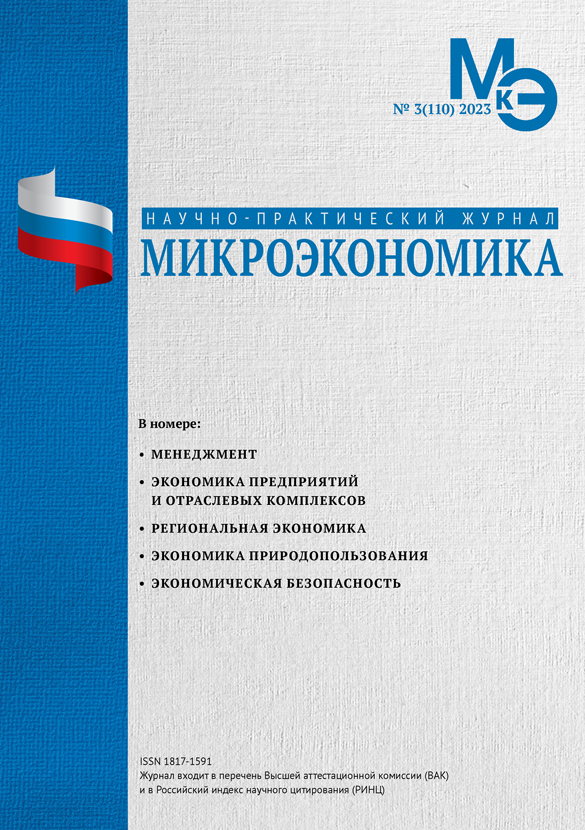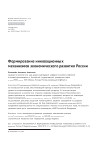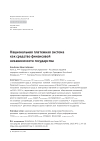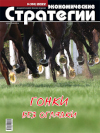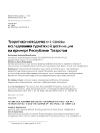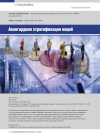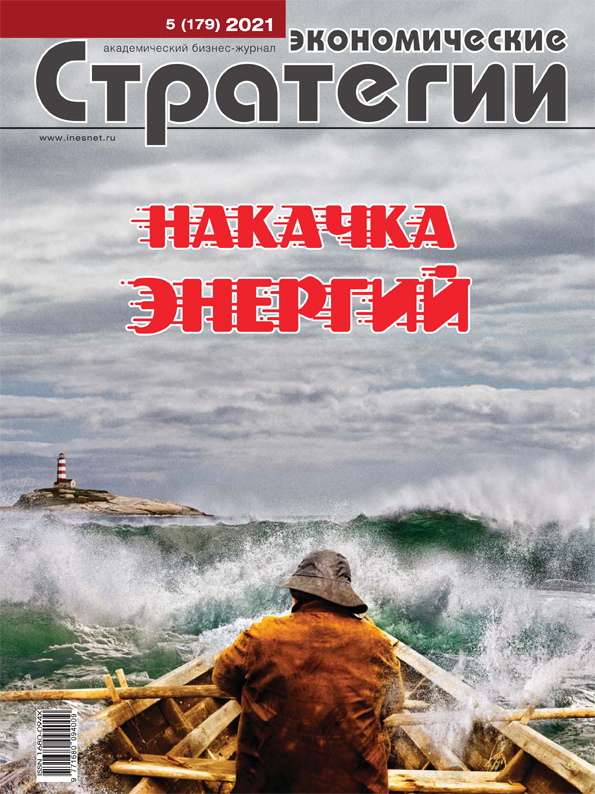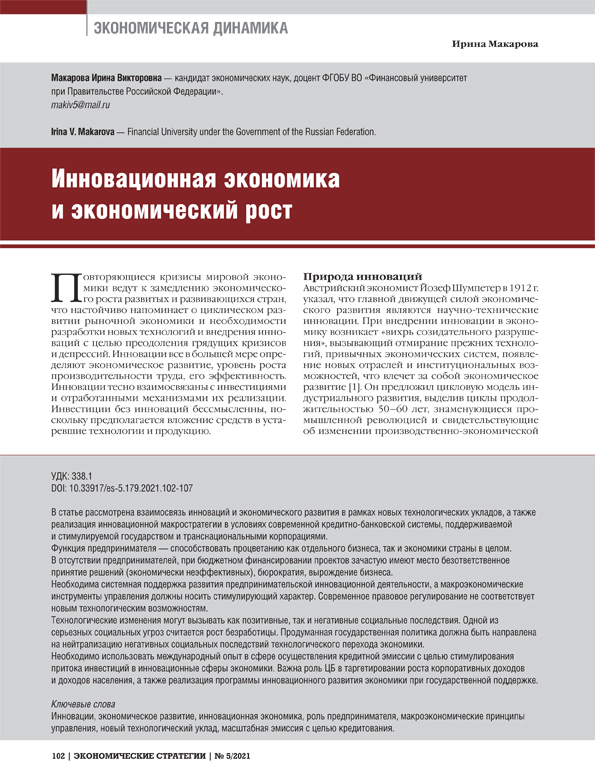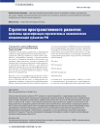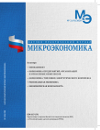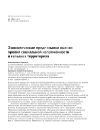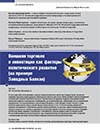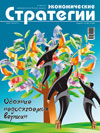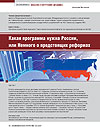The role of state corporations in the economic development of the Russian Federation today: the case of Rostec State Corporation
DOI: 10.33917/es-4.196.2024.82-89
The reform of development institutions currently being carried out by the Government of the Russian Federation provides for their partial modernization and liquidation. At the same time, some institutions, in particular state-owned corporations, are not subject to reform due to the fact that their activities are strategically important and fully consistent with the goals of the country’s economic development. According to the authors of the article, the Rostec state-owned corporation today has positive experience in achieving the goals set by the state. The directions and results of Rostec’s activities during the sanctions period, industry and financial indicators, the execution of the state defense order and the share of civilian products, development directions in various sectors of the economy and innovative developments to ensure competitiveness in domestic and foreign markets are studied.
References:
1. Instituty razvitiya s”eli 5 trillionov rubley. Deputaty obvinili kvazigosudarstvennye struktury v neeffektivnosti [Development institutes ate 5 trillion rubles. Deputiesaccusedquasi-statestructuresofinefficiency]. Nezavisimayagazeta, 2019,10 oktyabrya, availableat:https://www.ng.ru/economics/2019-10-10/4_7699institute.html
2. Vladimir Kuz’min. Mishustin soobshchil ob optimizatsii institutov razvitiya [Mishustin announced the optimization of development institutions]. Rossiyskaya gazeta, 2020, 23 noyabrya, available at: https://rg.ru/2020/11/23/pravitelstvo-optimiziruet-sistemu-institutov-razvitiia.html
3. Postanovlenie Pravitel’stva RF ot 24 marta 2022 g. N 459 “O priznanii utrativshimi silu nekotorykh aktov Pravitel’stva Rossiyskoy Federatsii i o vnesenii izmeneniy v rasporyazhenie Pravitel’stva Rossiyskoy Federatsii ot 31 dekabrya 2020 g. N 3710-r” [Resolution of the Government of the Russian Federation of March 24, 2022 No. 459 “On recognizing as invalid certain acts of the Government of the Russian Federation and on amending the order of the Government of the Russian Federation of December 31, 2020 No. 3710-r”]. Konsul’tantPlyus, available at: https://www.consultant.ru/document/cons_doc_LAW_413819/9 2d969e26a4326c5d02fa79b8f9cf4994ee5633b/#dst100006
4. Pribyl’ goskompaniy v Rossii upala sil’nee, chem u chastnykh. Tol’ko dve treti iz nikh zavershili 2022 god v plyuse [Profits of state-owned companies in Russia fell more than those of private ones. Only two-thirds of them ended 2022 in the black]. RBK, 2023, 10 maya, available at: https://www.rbc.ru/econo mics/10/05/2023/64525cc39a794734f6f7044d
5. Federal’nyy zakon ot 12 yanvarya 1996 g. N 7-FZ “O nekommercheskikh organizatsiyakh” [Federal Law of January 12, 1996 No. 7-FZ “On Non-Commercial Organizations”]. Konsul’tantPlyus, available at: https://www.consultant.ru/document/cons_doc_LAW_8824/
6. Mazanaev M.Sh., Bekishiev N.A. Pravovoy status i osobennosti gosudarstvennykh korporatsiy v sovremennoy Rossii [Legal status and features of state corporations in modern Russia]. Yuridicheskiy vestnik DGU, 2022, vol. 44, no 4, pp. 83–90, DOI: 10.21779/2224-0241-2022-44-4-83-90




